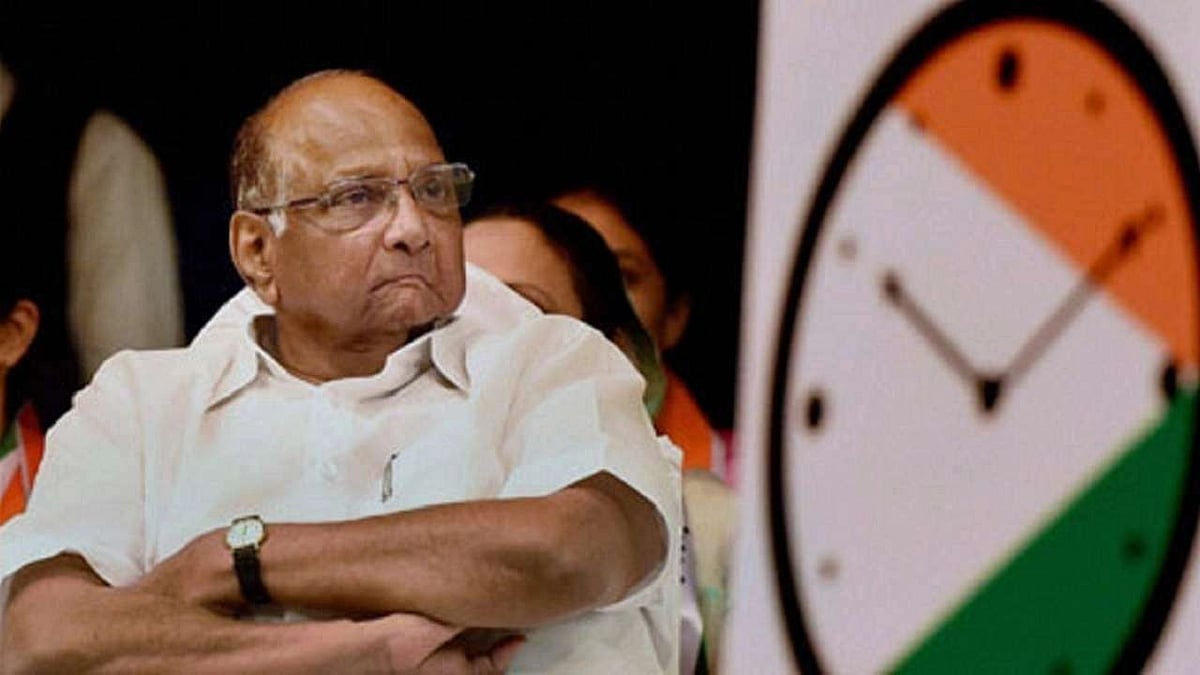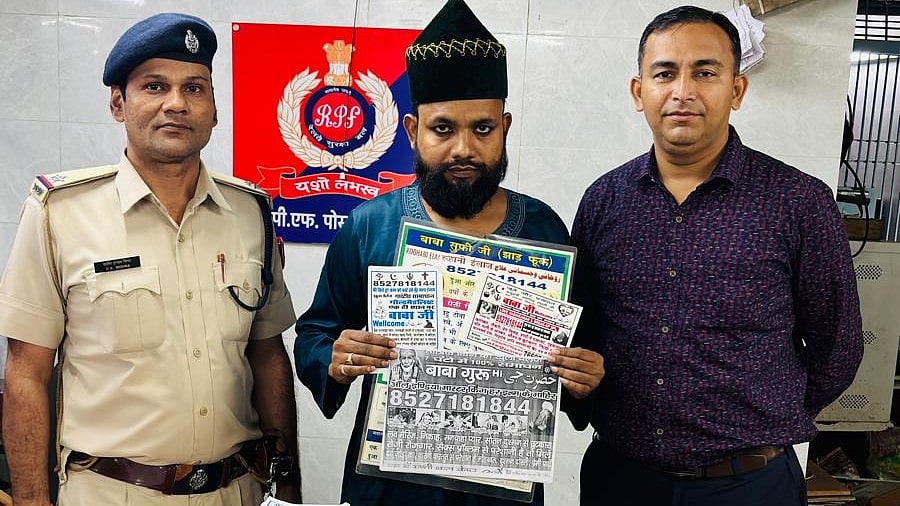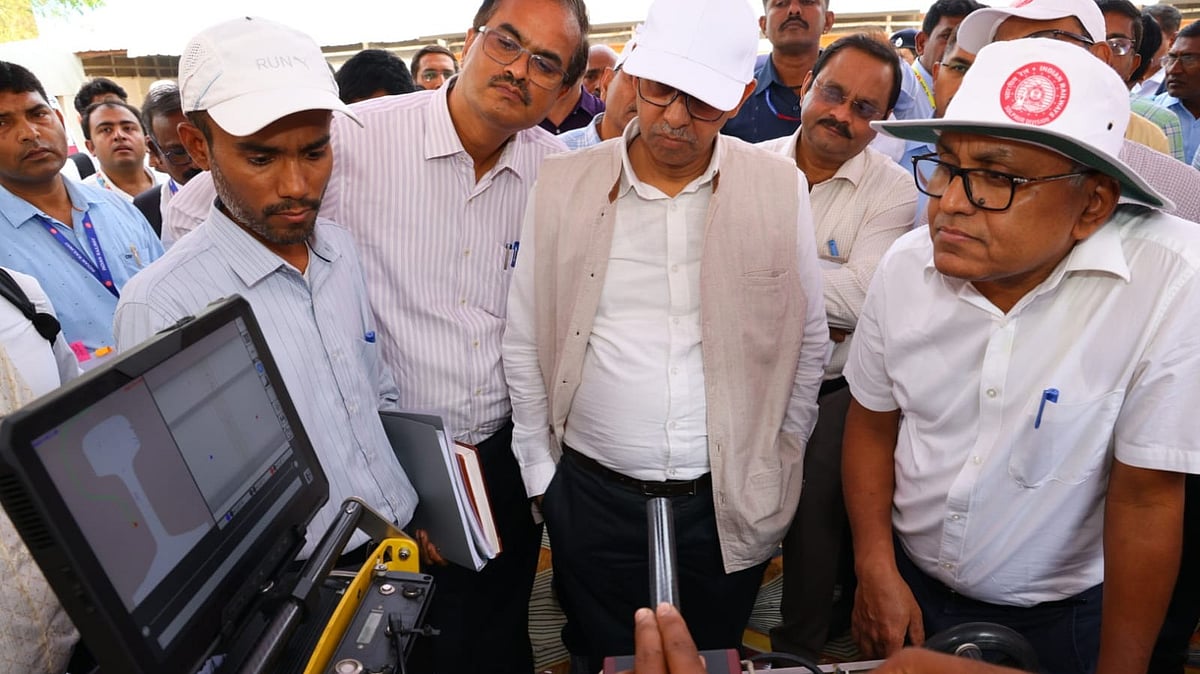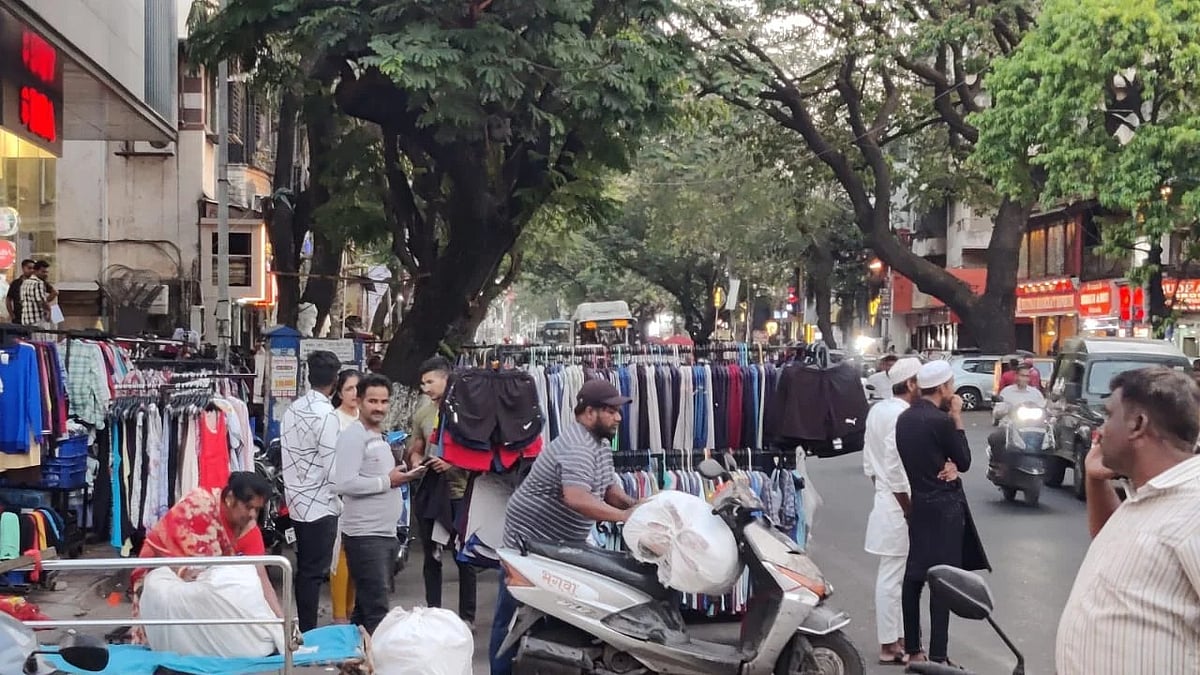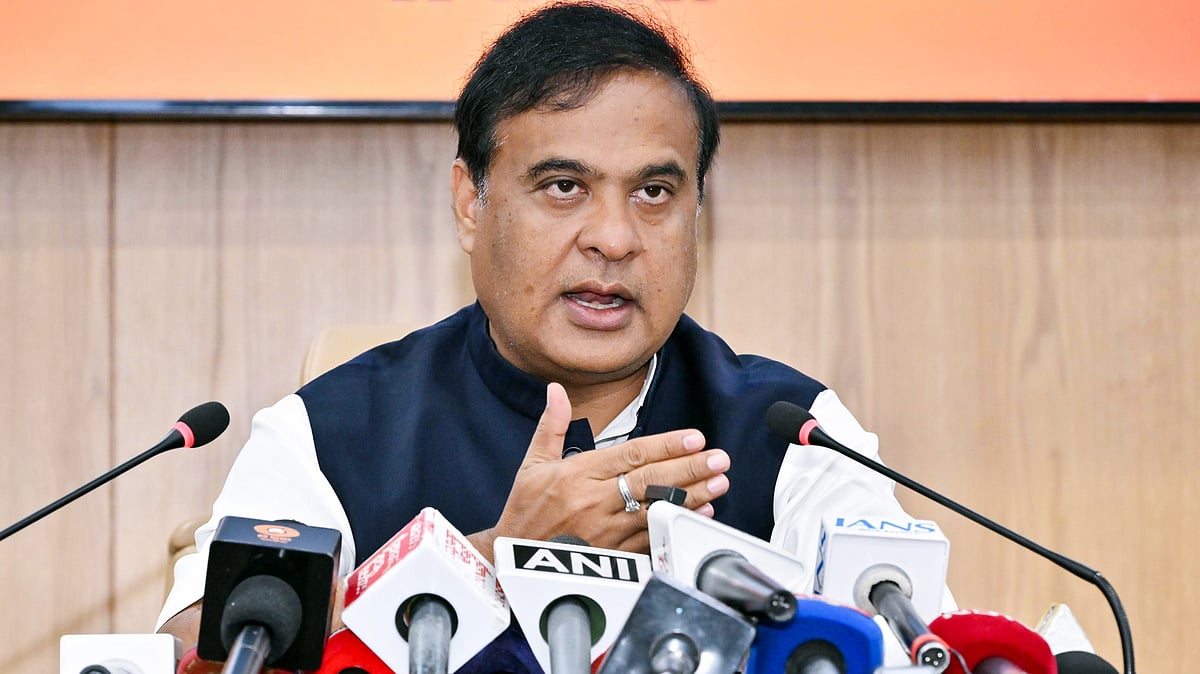Once again, there is political buzz about the formation of a third front. While the idea of a third front is nothing new, the major difference this time is that it is being indirectly seen as the brainchild of NCP chief Sharad Pawar, one of the most senior leaders and the sharpest brain in Indian politics; he is being seen as playing a key role in uniting non-Congress regional parties on a common platform.
The buzz of a third front formation was fuelled by the gathering of eight non-Congress parties at Pawar’s residence in New Delhi last Tuesday. But soon came the disclaimers: though the meeting was held at Pawar’s home, he was not its chief organiser; the meeting was called by the Rashtra Manch – a cross-party platform launched in 2018 that works to highlight national issues – and therefore, it’s said, it was not an effort to form a third front to take on the BJP; and the fact that no one from the Congress attended the meet does not mean that the grand old party was not invited.
Third front?
So, what does one make of it all? Is this the beginning of a third front to take on the BJP and Prime Minister Narendra Modi in the 2024 Lok Sabha poll? Or is this a quest for Opposition unity? First and foremost, nothing happens in politics without a reason, disclaimers notwithstanding. The Rashtra Manch could be a cover for a political ideation – a process to generate ideas and solutions to fight the BJP’s political domination in electoral politics – and to test the waters for a non-Congress political formation, in case the plan does not take off.
It could also be political posturing aimed at sending a signal to the BJP and the Congress. It is no secret that the BJP’s emphatic victory in the 2019 Lok Sabha election shocked the Opposition. Since then, the Congress has been in a state of inertia. Not only has it not been able to sort out its leadership issue, it has shown no signs of activity and urgency to elect a leader who could rejuvenate the party, which is the only non-BJP pan-India political force.
Not without Congress
The idea of a third front has been dismissed by Prashant Kishor as an unfeasible and futile exercise. It was Kishor’s two recent back-to-back meetings with Pawar that fuelled the talk of a third front in the first place. Kishor, an ace election strategist, knows his electoral arithmetic quite well. He knows that a non-Congress political formation stands little chance of making a significant dent in BJP’s electoral prospects.
So does Pawar, who has clarified that the Congress cannot be left out of any alternative front to take on the BJP. “If an alternative force is to be raised, it will be done only by taking the Congress together,” said Pawar three days after the meeting. For a national party with a pan-India presence, it is quite natural that the Congress should be the fulcrum of any coalition against the BJP-led NDA, as RJD leader Tejaswi Yadav has rightly emphasised.
That the Congress is crucial for any anti-BJP formation is a plain and simple political reality. This is why several Opposition leaders are reportedly not too happy with the state of affairs in the Congress. They are also said to be unhappy with the inability of the Congress to provide leadership for any significant effort to counter the BJP, despite issues and opportunities like the government’s mishandling of the second Covid wave, tottering economy, massive unemployment, rising inflation, rising fuel prices and the farmers’ agitation.
It is believed that the talk of formation of a third front or the meeting of some Opposition parties under the Rashtra Manch cover is aimed at shaking the Congress out of its slumber. This means the Opposition parties that are opposed to the BJP are keen on joining hands to fight the BJP and the Congress, if it wants, could join in later.
Pan-India reach
The electoral arithmetic is quite simple: without Congress, the Opposition cannot hope to defeat the BJP. To put things in context, the Congress is still the only pan-India opposition party spread across the length and breadth of the country – from Kerala in the south to Assam in the east, Gujarat in the west to Kashmir in the north.
In the last general election, it won only 52 seats but got 12 crore votes and garnered 20 per cent vote share. On the other hand, the BJP’s geographical support base is narrow; it mainly comes from the west and the north of India but with a superior strike rate. Though in the last two general elections, it won the absolute majority, the BJP’s vote share was 31 per cent (20 crore votes) and 37.4 per cent (22 crore votes), respectively.
In the south, barring Karnataka, the BJP has little influence; in comparison, the Congress has better pockets of influence in the southern states. Of the 543 Lok Sabha seats, 150 seats are in states like Madhya Pradesh, Gujarat, Rajasthan, Chhattisgarh, Haryana, Uttarakhand, Karnataka and Himachal Pradesh, where the Congress is in direct fight with the BJP. It is true that the Congress has not done well in these states in the last two general elections. But that does not mean that a revitalised Congress with rejuvenated leadership will not improve its performance against the BJP in the next general election.
As Tejaswi Yadav has rightly said, “From the past experience, I think the Congress must focus on those seats where it is in a direct fight with the BJP and on the remaining seats, with an open heart and mind, it should let regional parties be in the driving seat in their respective strongholds.” That’s easier said than done. But the Congress needs to be magnanimous and practical.
Diverse democracy
Electorally, India is a diverse democracy, with as many as 18 political parties having a strong presence in at least one state. But in the last two general elections, Modi has proved that despite India’s political diversity, it is possible for one national leader to emerge as a winning face across the country. Therefore, any discussion on the future of Indian politics hinges on an alternative to Modi.
In other words, what the Opposition needs is a popular leader who could challenge Modi. It is in this context that the possibility of a third front is being explored. The idea is probably to project a powerful regional leader of a regional party as the Opposition’s prime ministerial candidate who could take on Modi. Apparently, if the political grapevine is to be believed, Prashant Kishor, riding high after the victory of Mamata Banerjee, whose reelection campaign he handled, is on the hunt to find a challenge to Modi.
There is no denying that India needs to find its Joe Biden to defeat Modi. But who could it be? But more important: can a regional leader cut across state boundaries and be an acceptable face as the prime ministerial candidate?
The question of leadership is indeed the most contentious and difficult issue in the Opposition politics. But given the fact that an Opposition formation without the Congress will be a disaster, brings back the focus on the Congress leading the Opposition’s fight against Modi and his party. That seems to be the most viable alternative. But such an alternative needs a credible story and a protagonist to tell the story to the nation, just as Modi did in 2014.
The author is an independent senior journalist


